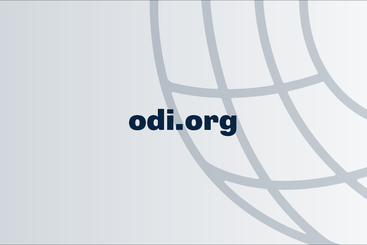The aim of the longitudinal study, produced as part of the programme Supporting Pastoralism and Agriculture in Recurrent and Protracted Crises (SPARC), is to document and understand the challenges facing people with different livelihoods, particularly around disputes and conflict of various types, and how these are impacting lives and livelihoods.
SPARC research did not initially focus on particular types of disputes and conflict, but rather let the interviewees describe the types of disputes and conflict they had experienced in the last five years, including their views on the perpetrators and causes. The economic, environmental, political and social contexts at the local-to-national levels are continually evolving, and regional-to-global events such as the economic repercussions of Covid-19 are being felt at the local level.
The report aims to capture how people are coping with and adapting their livelihoods to this dynamism. With each subsequent round of research, SPARC will combine analysis of impactful events and trends at local-to-global scales to complement the narratives emerging from individual interviews. SPARC will also be undertaking deeper analysis of some of the dispute and conflict dynamics mentioned during the interviews. Specific questions guiding the research include:
- What are the most significant non-conflict shocks, stresses and constraints recently (in the last five years) and currently affecting pastoral and agropastoral livelihoods in insecure contexts in Nigeria and Somalia?
- What types of disputes and conflicts are affecting livelihoods for women and men, and what are their impacts?
- What types of actions have been taken to respond to and/or mitigate the various types of disputes and conflicts? Responses and mitigation strategies of interest may include formal and informal mediation and conflict-resolution initiatives, as well as household and community-level adaptations to conflict events.
- When non-conflict shocks (e.g., flooding, drought or price increases) and stresses (e.g., dry-season challenges or elections) occur and/or crises develop, how are disputes and conflict incidences affected?
- How, at an individual and community level, are households adapting livelihood strategies in response to disputes, conflict and other shocks and stresses?
Authors: Sarah Opitz-Stapleton, Leigh Mayhew, Ibifuro Joy Alasia, Ibrahim Ali Dagane, Isaac Mbeche, Muzzamil Abdi Sheikh, Samaha Yusuf Nor, Abdiaziz Mohamed Harir, Abdirahman Said Hassan, Obioma Egemonye
-
Livelihoods, conflict and mediation: Somalia
Read more about Livelihoods, conflict and mediation: Somalia.


